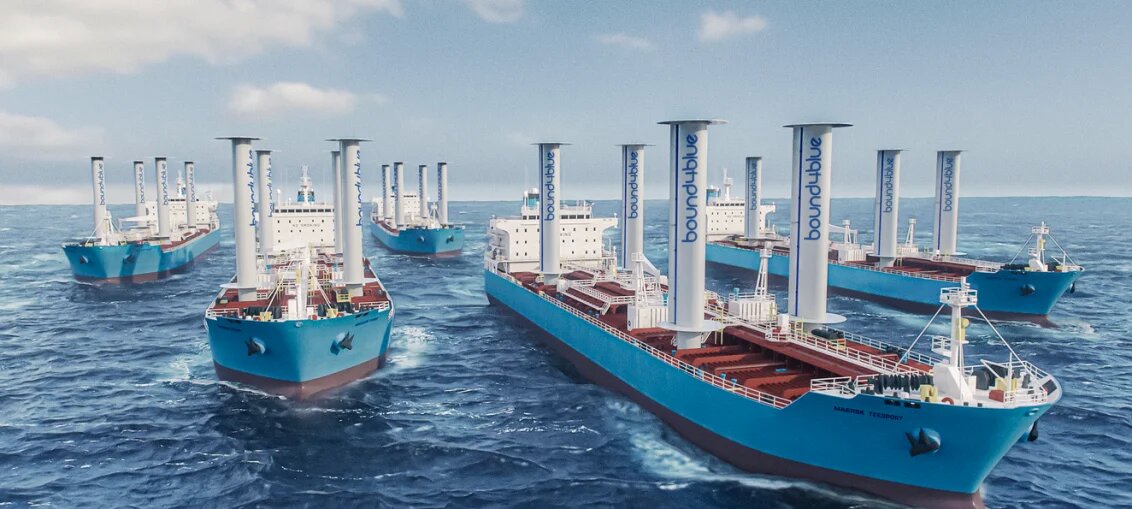London, 28 October (Argus) — The Dutch Emissions Authority (NEa) has confirmed that used cooking oil methyl ester (Ucome) will be treated as a fossil fuel if supplied to the maritime sector under the country’s upcoming transposition of the EU’s Renewable Energy Directive (RED). Biofuels which do not generate maritime emissions reduction units (EREs) will carry a carbon intensity (CI) value of 94g CO₂eq/MJ when calculating the overall mandate level for the sector.
The maritime sector cannot generate compliance from using crop-based biofuels or biofuels made from feedstocks listed in Part B of RED’s Annex IX — which includes Ucome, a popular choice among shipowners for meeting FuelEU requirements. NEa clarified that not only will crop or IX-B fuels not count towards fulfilling the maritime obligation, but the fuels would count towards the total fuel supply used to calculate the obligation level, using the same carbon intensity as fossil fuel. This policy is regardless of the duty status of the biofuel, as fuel can be used pre-customs clearance for bunkering.
Ucome would remain eligible for compliance in the road transport and inland waterways sectors. Over-compliance from those sectors can also be sold to the maritime sector up to the flexible allowance limit, which is 1.1pc in 2026, meaning there is still some role for Ucome in meeting the overall maritime obligation.
Market participants expect reduced availability of Ucome for bunkering in the Amsterdam-Rotterdam-Antwerp (ARA) hub next year. What participants see as a regulatory mismatch between FuelEU requirements and the domestic RED mandate has led to doubts over the attractiveness of the Netherlands for bunkering compared with other countries which allow a wider range of biofuels to be used. Some Dutch suppliers indicated they will continue offering Ucome blends if demand persists, but with a premium reflecting ERE ticket prices.
The Dutch lower house of parliament approved its RED III draft on 2 October, with the upper house now set to approve or deny the proposal. It is expected to be approved and come into force on 1 January 2026.
Under the draft, the Netherlands will transition from its current energy-based HBE ticket system to a greenhouse gas (GHG)-based ERE system. Under the new framework, one ERE will represent a 1kg CO₂eq reduction across a fuel’s lifecycle, compared with one HBE representing 1GJ of renewable energy. For the transition from this year to the next, one HBE is equivalent to 46 EREs.
EREs will be issued separately for the land transport (LREs), inland waterways (BREs), and maritime (ZREs) sectors. Compliance deadlines will shift from 1 May to 1 April annually. The 2025 compliance year will be finalised under the existing HBE system, with the new registry going live in May 2026. However, deliveries from 1 January 2026 must comply with the new rules.
Under the proposed system, there will be no multipliers or double-counting of tickets. The audit requirement for waste-based fuels to be eligible for double-counting will also be removed. But a proposal has been made for category 3 tallow to carry a 0.5 multiplier, generating half as many ERE-O tickets. Renewable fuels of non-biological origin (RFNBOs) will no longer carry multipliers, but their use in refineries will generate RAREs, a separate ERE category.
Nea also confirmed that gaseous biofuels rules remain unchanged. Bio-LNG must be unsubsidised, certified as sustainable, and carry a Dutch biomethane guarantee of origin (GOO) to qualify for EREs.
Dutch lawmakers have passed a motion calling on the government to include bio-LNG under the EU’s mass balance system.
Ethanol must be denatured to be eligible.
The new system will also recognise home charging for electric vehicles and allow registration of electricity deliveries to mobile machinery.
Earlier this month, Dutch lawmakers passed a motion to extend its RED III renewable fuel timeline to 2035, from 2030.
By Madeleine Jenkins





